Walden Green on poor tippers, private burrito taxis, and the exploitative economics of DoorDash and UberEats.
If you’ve lived in a major U.S. city in the last decade, you’ve almost certainly seen the congregations of cars and motorcyclists that form at points of high restaurant density. Near my parents’ home in Brooklyn, there’s one such hotspot: a slice of Flatbush Avenue with a Shake Shack right next to a Chick-fil-A, which rarely boasts fewer than 15 or so DoorDashers, Uber Eats-ers, and drivers for other food delivery services. Altogether, they constitute a highly visible underclass—the backbone of an exploitative little treat economy with an impact on politics and online discourse that, as of late, has become nearly impossible to ignore.
Earlier this month, Politico published a jarring essay by former United States comptroller Eugene Ludwig, titled “Voters Were Right About the Economy. The Data Was Wrong.” While the Biden administration was claiming unemployment figures at a near-record low (around 4%) towards the tail end of his presidency, Ludwig explains, that statistic failed to include the gig-only and poverty wage workers that, when accounted for, make up almost a quarter of the country’s population. At the same time, the middle and upper-class saw their escalating DoorDash delivery fees (the product of a VC-backed business model similar to that of Uber’s ride services) as a sign of an economy that was no longer working in their interests either. As one X user so eloquently put it the day after the 2024 Presidential Election: “It turned out ‘private taxi for my burrito’ was way higher on people's list of priorities than we anticipated.
Altogether, they constitute a highly visible underclass—the backbone of an exploitative little treat economy
The idiom “private burrito taxi” first came to us in mid-2024 via one of those Donnie Darko memes, as a response to the X posting of a video journalist named Jules Suzdaltsev. Suzdaltsev, who still regularly contributes to DoorDash discourse on BlueSky, had written a screed against considering food delivery a “luxury”—ironic given how perfectly such services match the Marxist definition of a luxury product, i.e. a means for the wealthy to convert their surplus income into status or, in this case, convenience. In doing so, he created not only the conditions for the “private burrito taxi” zinger, but also helped cast the mold for the archetypal figure on its receiving end: the “Treatler.”
Treatlers (a portmanteau of “Treat” and “Hitler”) and Treatlerites (both terms are used interchangeably) come in a broad assortment of flavors; narcs who publicly tag the company when a delivery person doesn’t look like their photo; customers making tongue-in-cheek death threats in response to delayed orders; just straight-up poor tippers. What they all share, though, is an abiding sense of entitlement, an implicit belief that access to fast, cheap, and accurate food delivery is a right rather than a privilege. Suzdaltsev, then, makes for a fitting patron saint, not only for his steadfast and outspoken conviction, but for the glaring logical lapse that undergirds most of his arguments—such as a recent BlueSky rant about paying $4.50 for a DoorDashed bottled water. He consistently neglects to price in the labor of his drivers.
This is the other unifying feature of all Treatlerties: a near-complete, seemingly willful disregard for the people actually delivering their food. A charitable interpretation might call it the phantom pain from a time before the corporatization of food delivery, when we were expected to pay the same price for a meal as we would dining in, plus a generous tip for the pizza guy or Chinese restaurant’s bike messenger. Except, with the COVID-era advent of contactless delivery, it doesn’t look like anyone wants to tip anymore. A recent report from the New York Times revealed that DoorDash and UberEats only pay about $3.50 per order and $1 per mile, with a bulk of a driver’s nightly take-home pay dependent on the tips they receive. The piece’s subjects describe experiences receiving 5% tips—or no tip at all—on multi-hundred dollar orders, as well as the practice of “tip baiting,” wherein “customers offer a large tip upfront…and then rescind it after the delivery.”
With the COVID-era advent of contactless delivery, it doesn’t look like anyone wants to tip anymore
There is, of course, a racialized and gendered component here. Many delivery drivers are immigrants who speak limited English, sometimes sharing their accounts with friends or family members who aren’t able to pass the background check due to their undocumented status. “MY INSTACART SHOPPER IS A WOMAN!!!!” reads a post from the beginning of the year that garnered 22 thousand likes and also plenty of invective. Most of the backlash didn’t take issue with the idea that women make better customer service workers than men; the question was whether this was still customer service at all, or if it was rather customer servitude. When someone demands even more from an already overworked, underpaid laborer, a strong temptation arises to bite back with “if you want it done exactly right, then do it yourself.”
But who actually benefits from all this Treatlerite discourse? Certainly not the restaurants, who still have to cede precious physical space and stretch their already-thin bottom lines to accommodate these services. Nor the drivers, who are still left without benefits, healthcare, or the potential of unionization regardless of how well they’re tipped. It’s most likely the companies themselves; DoorDash had its first profitable quarter since 2020 only last year, and UberEats is still in the red. And to consistently turn profit, they’ll have to engage in even more cost-cutting, and probably relish the opportunity to offload the faults of their fundamentally exploitative business model onto a handful of external bad actors. All this Treatlerite moralizing is, above all, a prime example of how too much localized noise can obscure a much larger, systemic issue. You’ve still gotta tip your drivers, though.
EDIBLE DIRT
|  | Nov 21, 2024 |
|
| 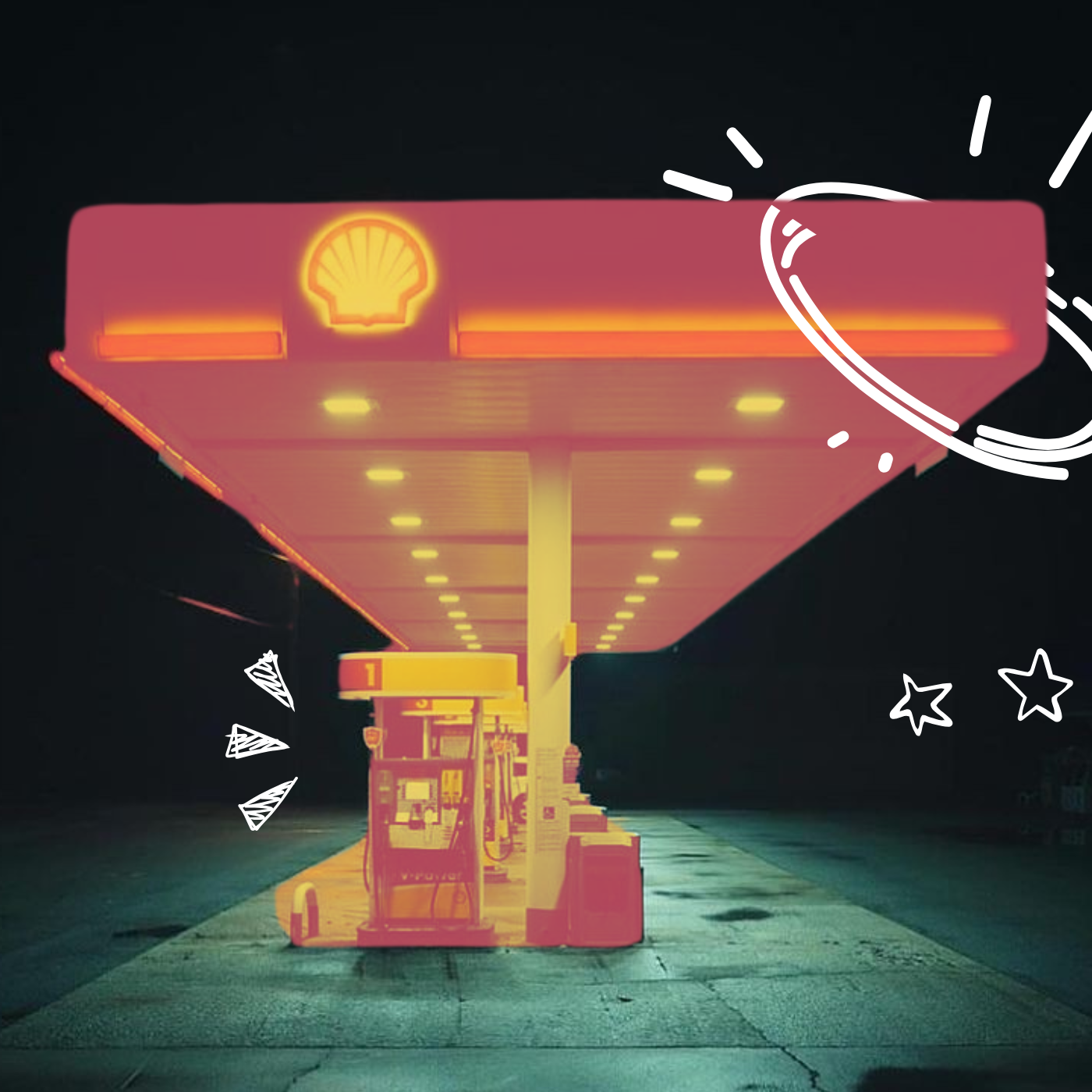 | Dec 16, 2024 |
|
| 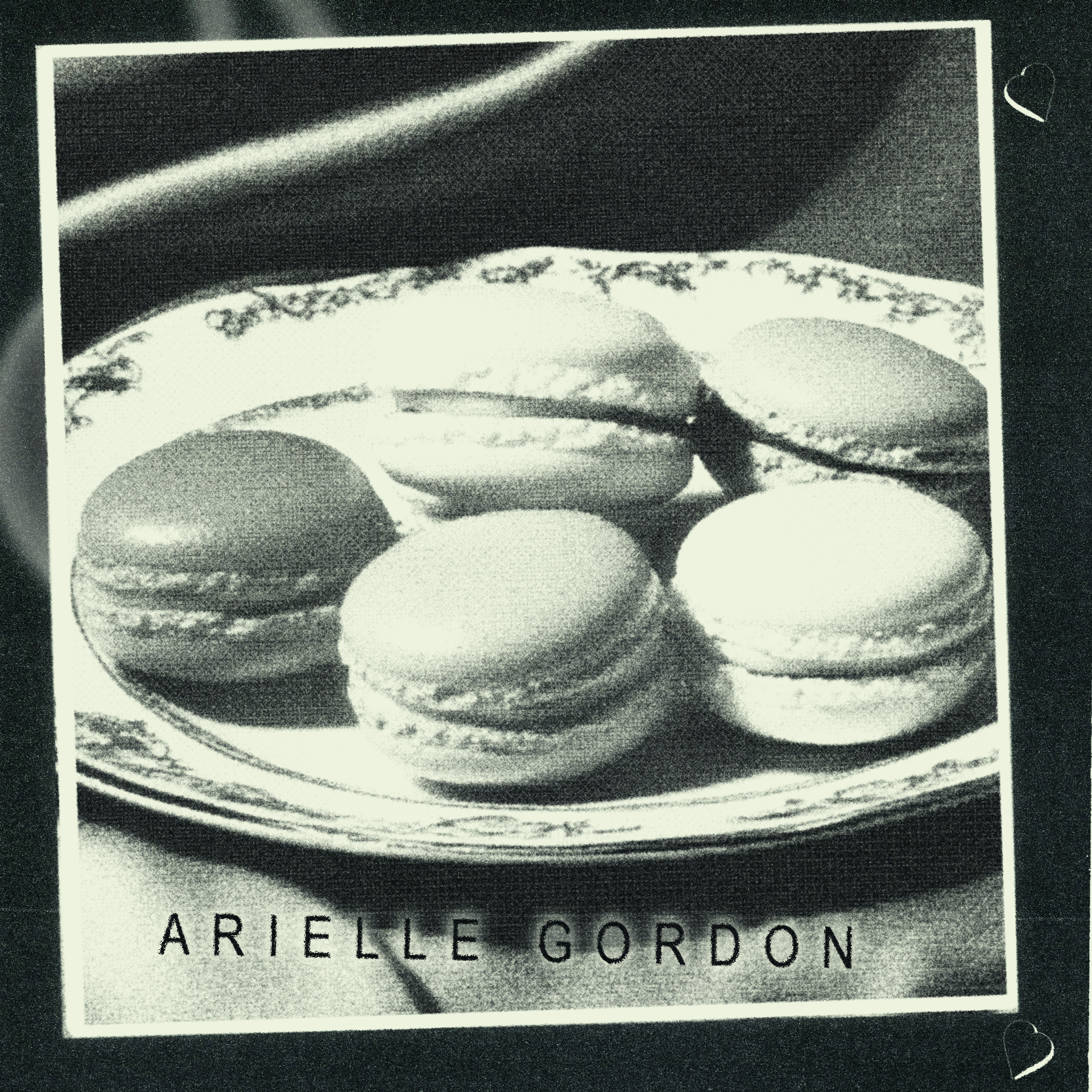 | Oct 22, 2024 |
|
|  | Jun 21, 2024 |
|
| 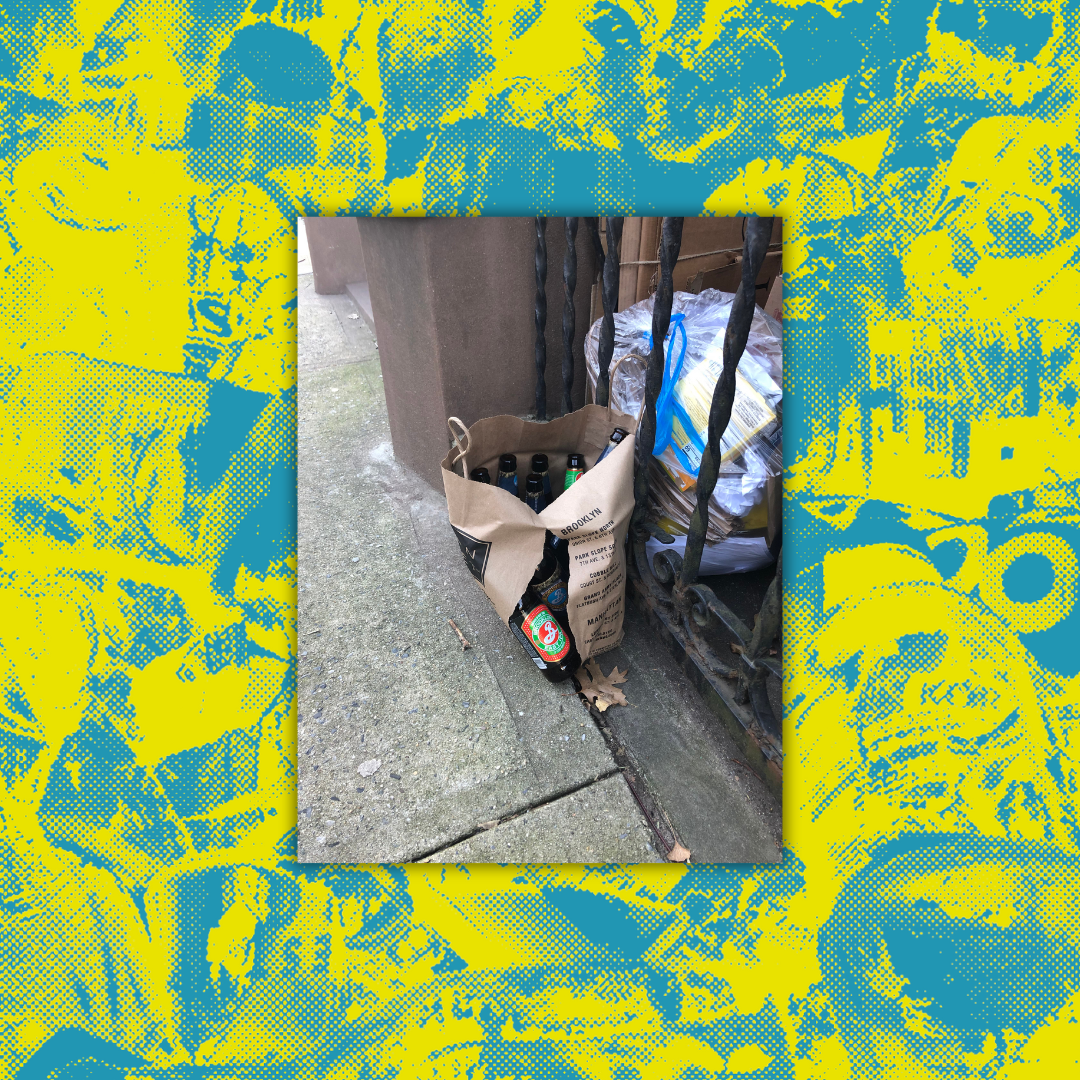 | May 24, 2024 |
|
|  | May 18, 2024 |
|
| 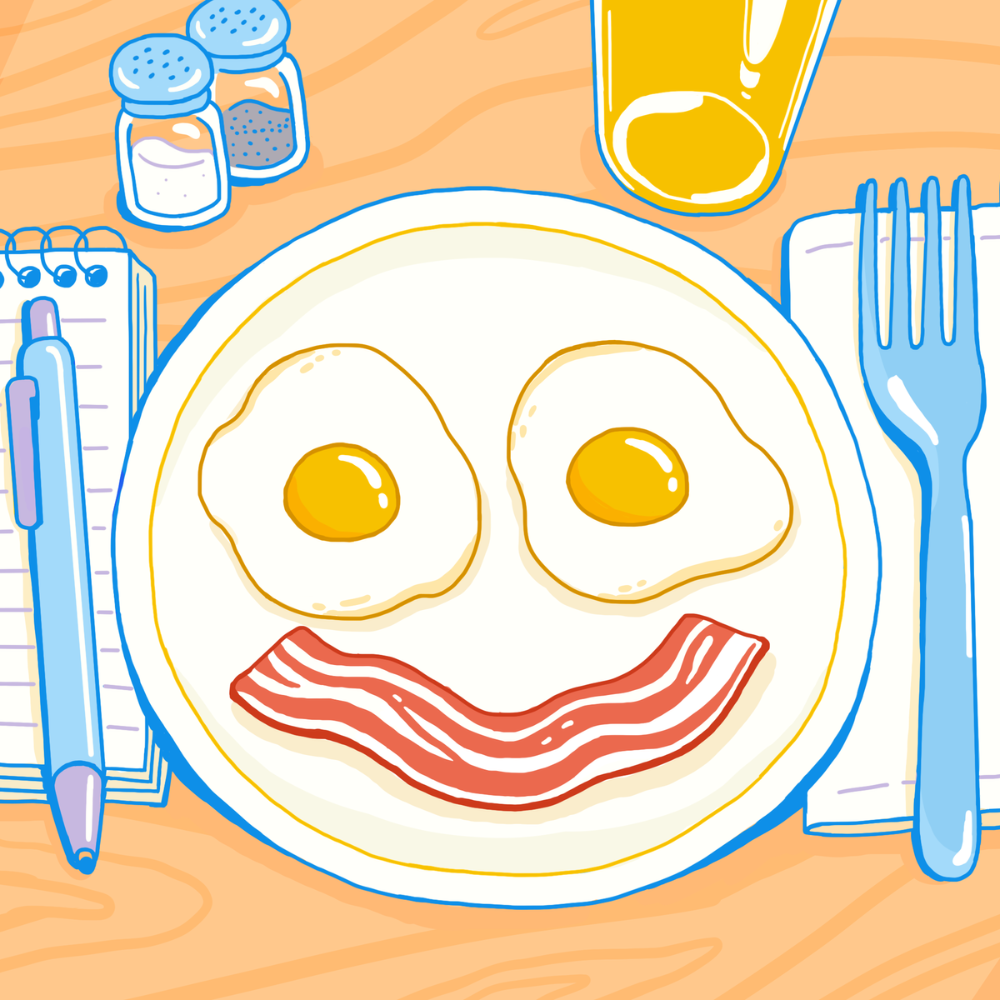 | Jun 5, 2023 |
|
| 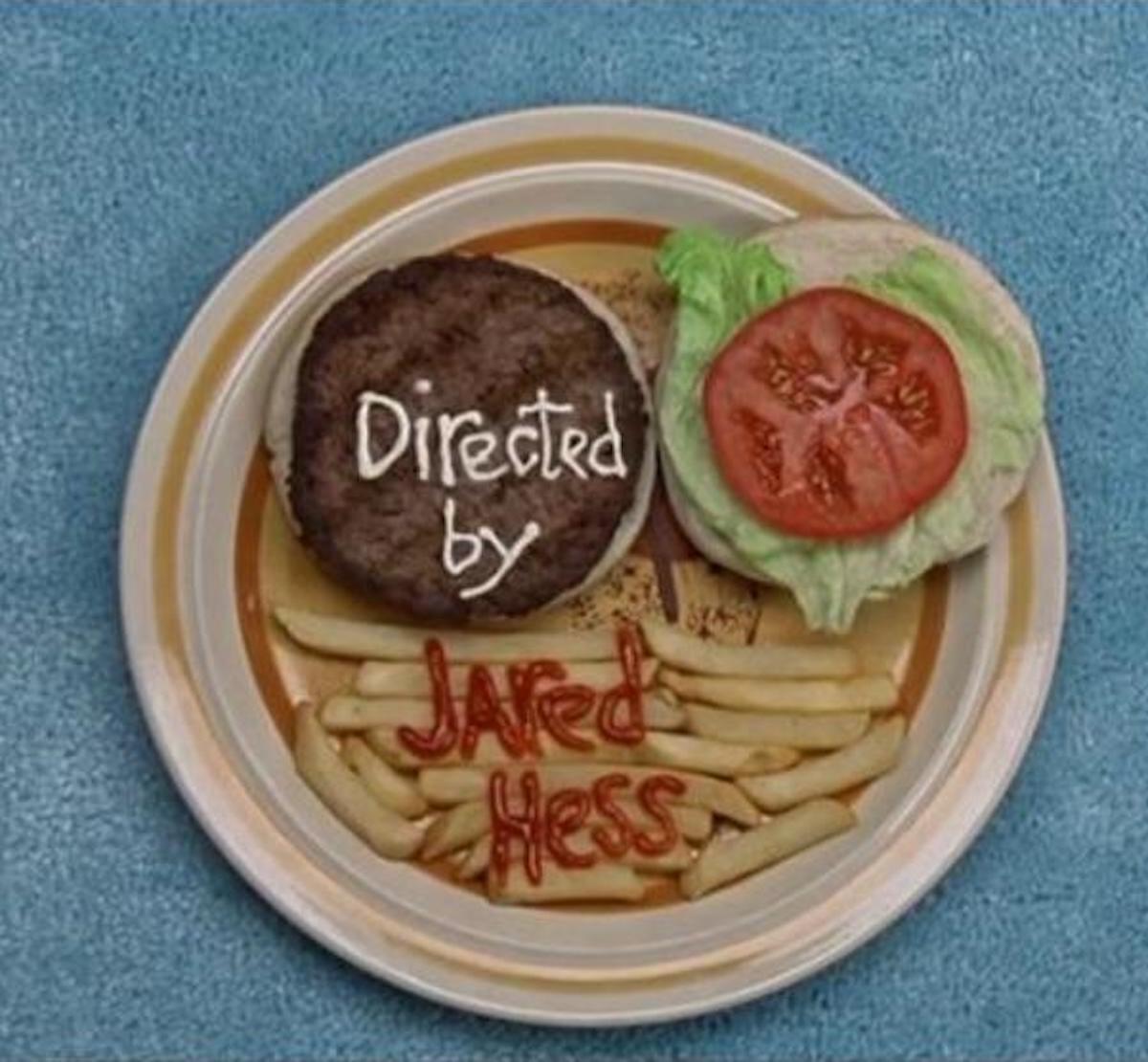 | Feb 21, 2023 |
|
THIS WEEK IN TASTELAND
This week Daisy and Francis are joined by Katherine Dee, a reporter and internet culture writer since 2018. She's here to discuss the evolution of e-girls, their cultural significance, and the changing landscape of media and online identity.
Join our Discord and talk Dirt-y with us.
Follow @dirtyverse on X, @dirt.bsky.social on Bluesky, and @dirt.fyi on Instagram for the latest news and our Spotify for monthly curated playlists.
Shop for some in-demand Dirt merch. 🍄












